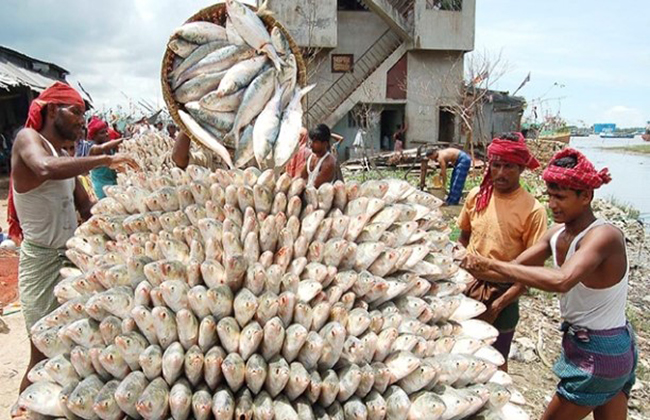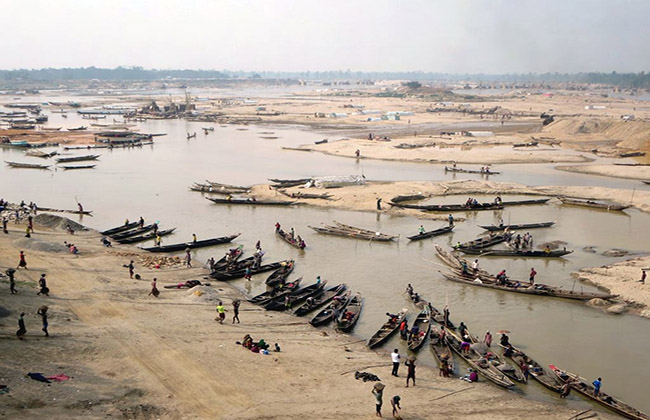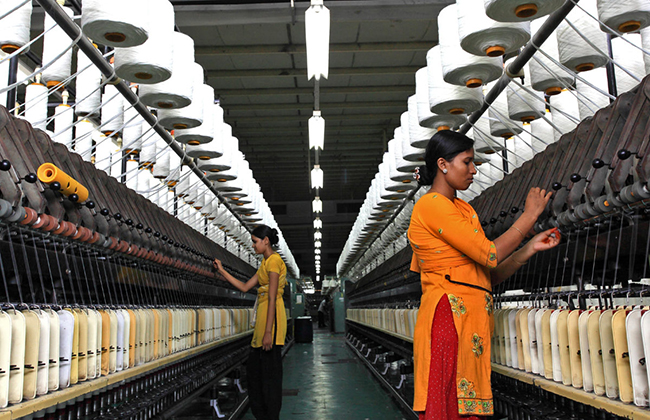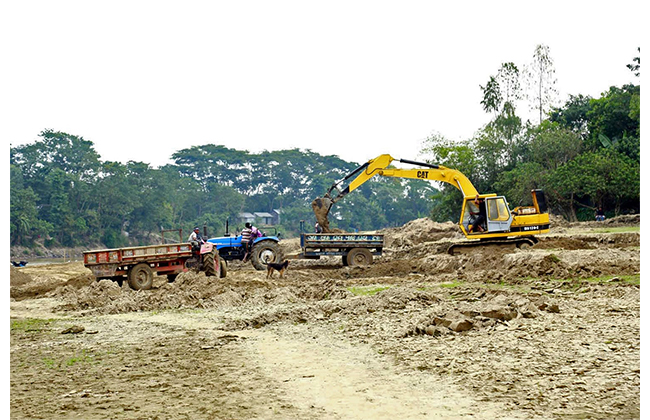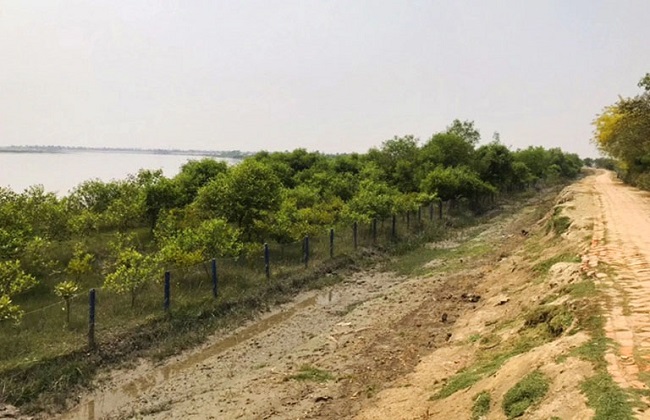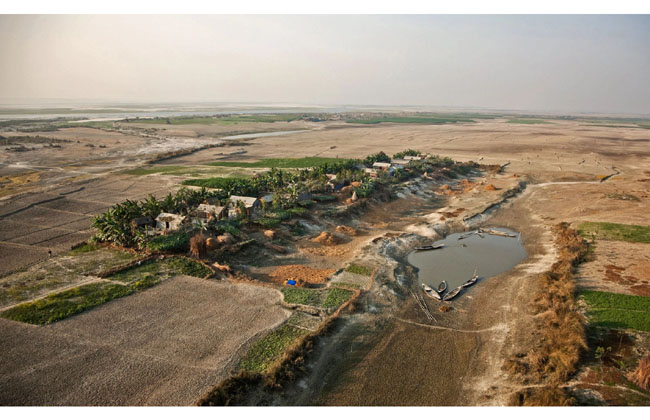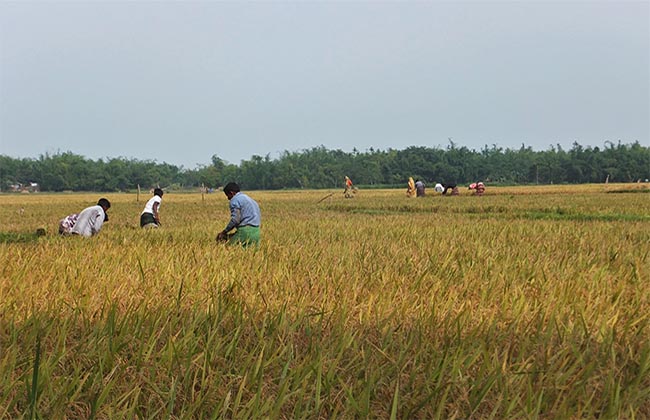The Halda River — the world’s only gene bank for pure Indian carp fishes such as ruhi (Labeo rohita), catla (Labeo catla), Mrigal (Cirrhinus cirrhosus) and Kalibaush (Labeo calbasu) — has resumed hosting fish eggs in recent years, after fish eggs had all but disappeared from the river in 2016. At
Author: Abu Siddique
Saving hilsa fish comes at a cost to Bangladesh fishers
Better management of shared waterways can benefit both Bangladesh and India
Although Bangladesh’s waterways carry tremendous economic and geostrategic significance for both Bangladesh and India, environmental management issues have rendered most of these routes useless. Bangladesh and India signed a protocol for using the waterways to carry goods in 1972. However, only three of the designated 11 routes are in regular use
Bangladeshi industries explore renewables as power crisis looms
An ongoing power crisis in Bangladesh – prompted by a gas shortage – is encouraging Bangladeshi industries to slowly transition to renewable energy sources such as solar power. Although Bangladesh marked 100% access to electricity for all people in March 2022, more than 50% of electricity is generated using natural gas.
Lack of finance prevents farmers from diversifying rice crops
Bangladesh is home to more than 130 different rice varieties, but a lack of economic incentives means farmers here grow only a handful of the higher-yielding types. This has given rise to a virtual monocrop system, which farmers and experts say threatens both long-run production and soil quality. Most farmers, meanwhile,
Sand mining a boon for illegal industry at the expense of environment
Mining of sand to feed the red-hot demand from Bangladesh’s construction industry has fueled an illegal industry that overshadows the legal one and that’s destroying ecosystems and exacerbating river erosion. As the country’s cities and towns grow on the back of solid economic growth over the past three decades, the construction
Conservation win for Bangladesh as efforts to save vulture pay off
Bangladeshi coastal communities plant mangroves as a shield against cyclones
Over the past three decades, Moyna Rani Mondol, who lives right on the coast in Bangladesh’s southwestern district of Satkhira, has lost her home around 10 times to floods due to tidal surges. Bangladesh is a large delta crisscrossed by more than 300 rivers. It’s one of the most vulnerable countries
Elevated homesteads give hope to flood-hit communities in Bangladesh
Climate change puts Bangladeshi farmers’ reliance on rice varieties to the test
Bangladeshi farmers overwhelmingly cultivate rice using the BRRI-28 and BRRI-29 varieties developed by the government, despite the availability of more than 100 alternative varieties, some of them better suited to changing climatic patterns.Yields are declining for these two popular varieties as arable land becomes more saline, dry, or submerged due


